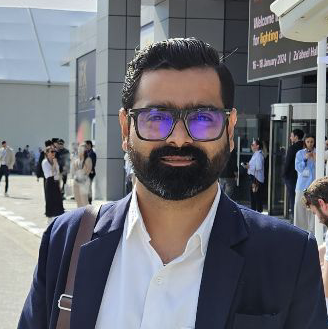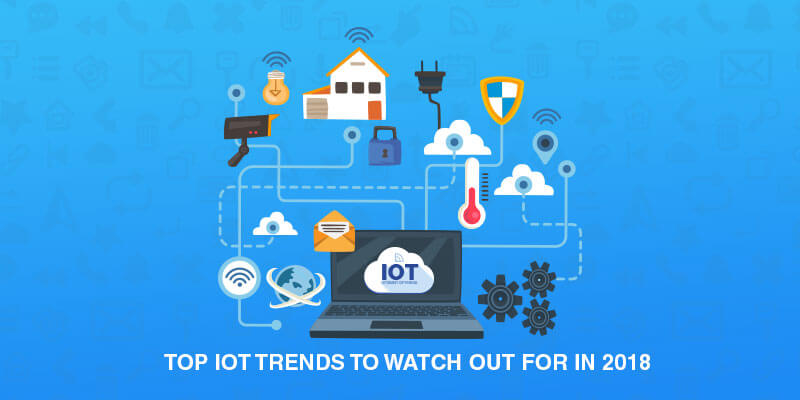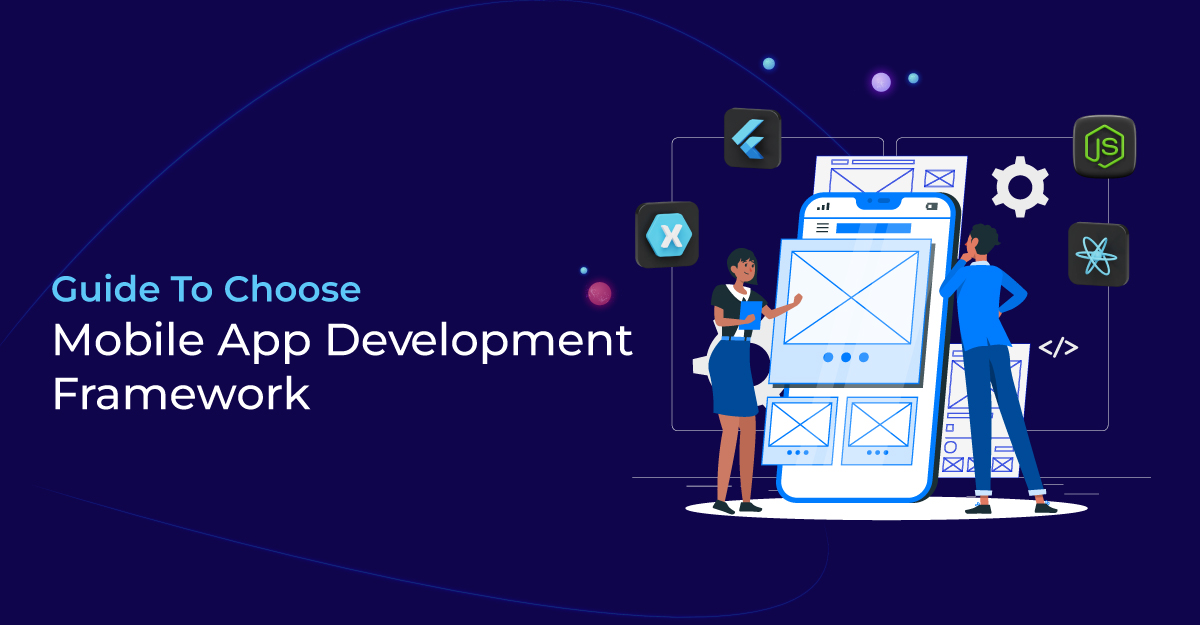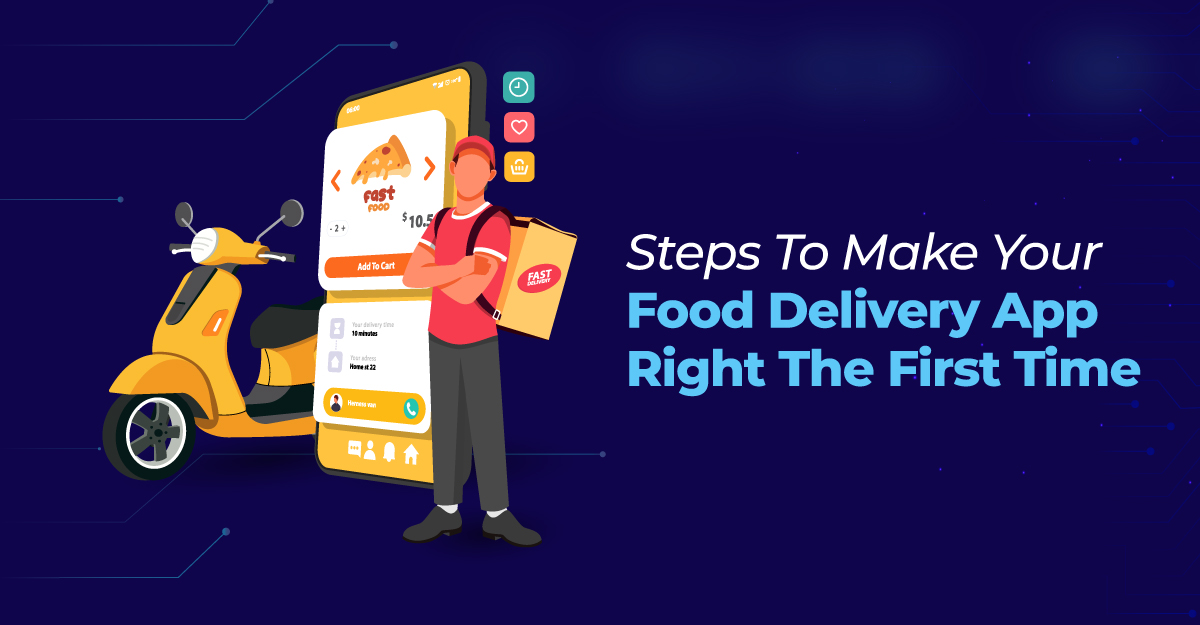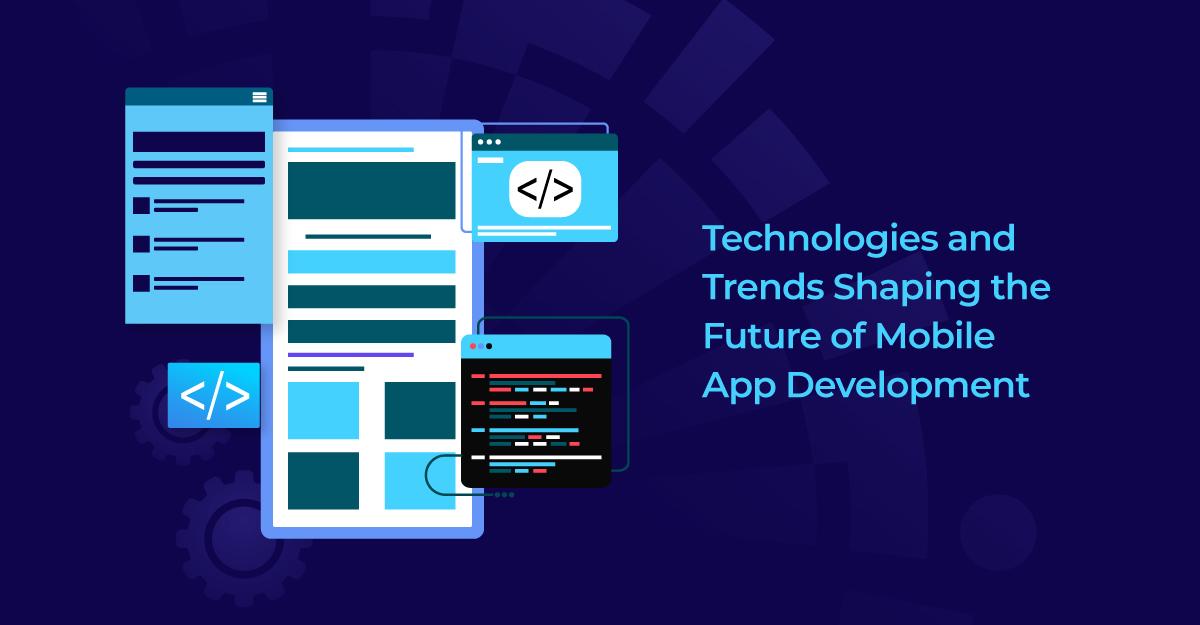The year 2017 was an exciting year for technology.Numerous technologies created an impact on various industries. Among all others, Internet of Things (IoT) is evolving and with its growth, almost every industry is in the process of automating operations or amending their workflow.
A Study revealed that already 20 billion devices are connected worldwide and the number is going to increase in leaps and bounds in the year 2018.
Let’s take a look at the IoT Development trends of 2018:
1. IoT at the Root of Enterprise Operations
Corresponding to the current scenario, it is clearly evident that most of the enterprises use IoT devices for the smooth functioning of their digital business. The combination of IoT into the basic system of the enterprise would lead to further automation of many functions thereby improving the overall performance and productivity.
Device-to-device or machine-to-machine communication is the base of IoT in the enterprises. Simply by connecting two remote devices, the enterprise can avoid disruption in the production. The use of remote access has increased to a greater extent allowing two devices to be connected with IoT. Remote monitoring is a strong example of use of IoT.
In the next five years, IoT will form part of a culture where all devices and appliances could be controlled as well as monitored from any remote location.
2. Stronger Impact of IoT on Healthcare
Internet of Things Development covers almost all the industries. The utilization of IoT in Healthcare has steeply increased.
The top areas of healthcare are Medical devices (including wearables), stationary devices and implanted medical devices. According to a research, the internet of medical things is expected to grow at a compound annual growth rate of 26% and reach up to $72 billion by the year 2021.
Devices like sensors, medical equipment, health monitors and a wide range of medical devices is to be connected with IoT. Mobile health applications and virtual assistants to monitor the health of the patient at home and such other devices will shape the medical world for the better.
3. The Impact of IoT on Supply Chain
Supply Chain Management & ERP have gone hand-in-hand for quite some time now but IoT will pave the way to enhance the solutions by smartly connecting people, process, data, and things with the help of devices and sensors.
IoT with supply chain can be of real help to supply chain professionals allowing them to reduce the asset loss by making aware of the product issues in time. In case of reverse logistics supply chain like damaged goods and managing returns, IoT can play a role to identify the issues. Managing the stock by monitoring the inventory, etc.
4. IoT and Smart Homes and Cities
IoT can speed up the urbanization process with the help of technologies for a smart city. Some of the technologies that are bringing change are Smart Infrastructure which allows conversion of Raw Data to useful information.
Smart Data that can provide analyzed data quickly for the use of the public in the city. The digital information can help citizens to find free parking areas just by a click. Smart Mobility will aid Smart Cities in finding sustainable transport options.
Webcams, home security systems and such other devices in the homes would add to the security and when connected to IoT, there will be lesser chances of risks that come with these devices.
5. IoT and Blockchain
IoT is the ongoing growth on always available, data gathering devices in our work and personal lives. The blockchain is a computer filing system that is encrypted allowing the creation of real-time records.
Combining IoT and Blockchain will provide a secure method of recording the data processed by the smart machines in IoT. Blockchain would provide the infrastructure for two devices to transfer data or money directly while IoT would leverage smart contracts which would model the agreement between two parties.
It proves to be beneficial as the data becomes highly secure and in case any breakages occur, blockchain can find the weak link and repair the same at the earliest.
6. IoT and Artificial Intelligence
Both IoT and AI have come into existence over different periods of time, that too as completely different sections. But the combination of the two has the potential to bring about revolutionary changes in the technology industry.
With the increasing use of machines, better learning there is clarity on how to interact with the machines. The IoT devices can be designed with the use of AI that can imply users to talk to the IoT devices.
The world will witness the great use of AI and chatbots which will be supported by IoT.
7. Big Data to Manage IoT Devices
The data gathering is far different now than in the past. The present scenario is such where the data comes from devices that are attached to sensors. Some are static while some are mobile.
IoT is also a source of data generation. The connected devices and sensors that add up to the growing IoT are responsible for growing data. That data joins other data to grow the amount of big data that is used by the companies and the analysts.
The sensors mounted on the connected devices gather data and transmit the same to central servers which helps the companies in making decisions.
Final Thoughts
Internet of Things would play a vital role in the year 2018. It is already the talk of the town and capable enough to make 2018 a technological transformation year. More and more industries are adapting to the trends to improve the productivity and use the applications to the utmost.
Contact IConflux on +91 - 95127 87877 or send an email to info@iconflux.com, if you are looking for to develop IoT Application.
